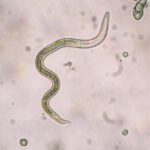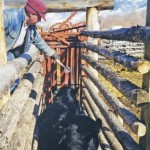“Concerning reports” of people in Canada seeking out veterinary-grade dewormers for personal use have led Health Canada to formally advise against doing so. News reports in Western Canada in the past week have described increased demand from non-farming consumers for veterinary-grade ivermectin, whether at livestock supply retailers or online. While ivermectin is an antiparasitic drug […] Read more







